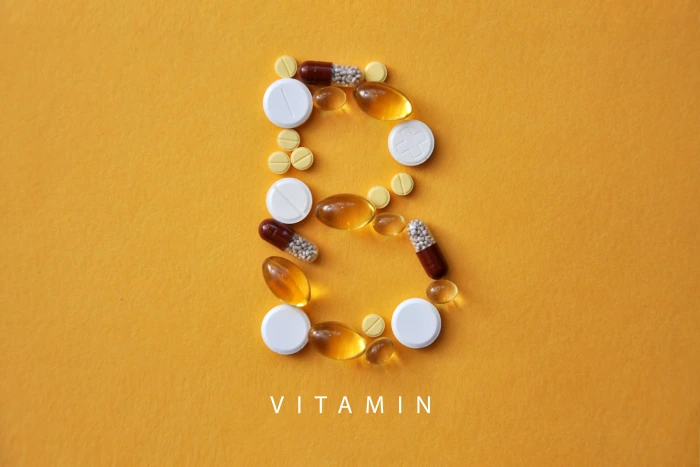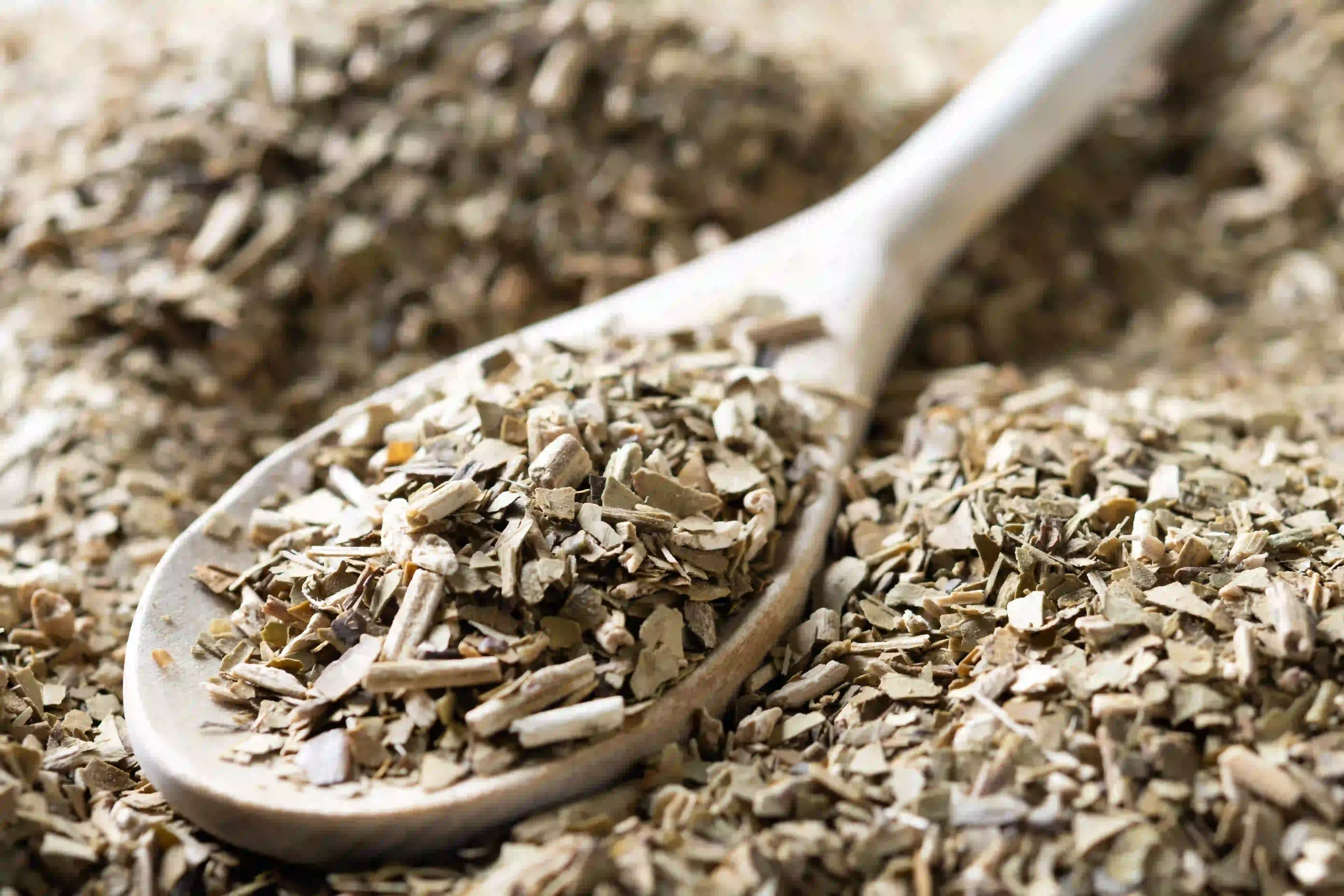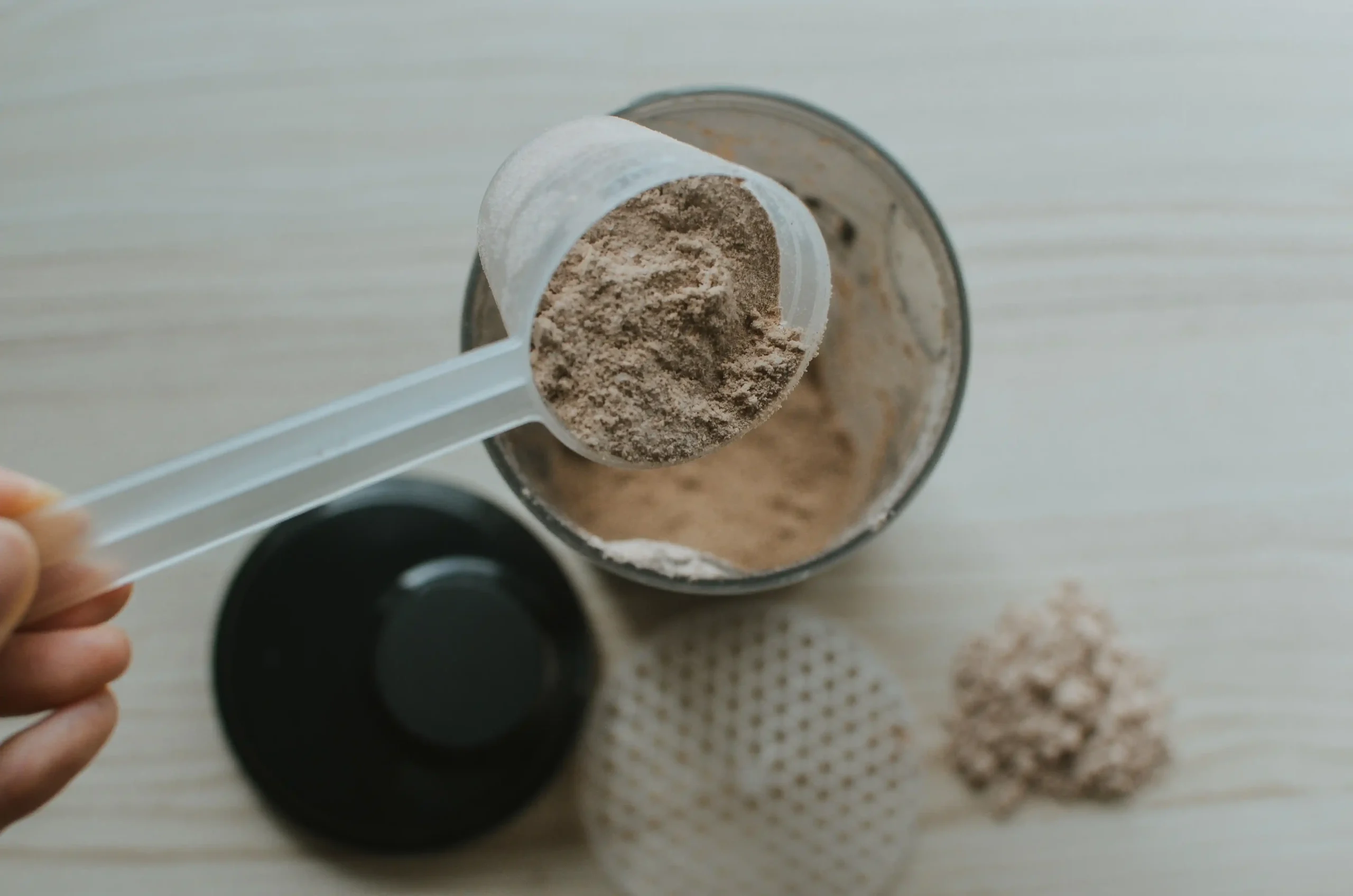Long-term Yogurt Intake Linked to Lower Rates of Specific Tumor Type
Recent research conducted by scientists at Mass General Brigham suggests that consistent yogurt consumption over time could potentially safeguard against colorectal cancer by influencing the gut microbiome. The study, which analyzed data from long-term participant follow-ups, revealed that consuming two or more servings of yogurt per week was associated with decreased rates of proximal colorectal cancer positive for Bifidobacterium, a bacterial species commonly found in yogurt products.
The investigation, led by Dr. Shuji Ogino, chief of the Program in Molecular Pathological Epidemiology at Brigham and Women’s Hospital, utilized data from two extensive U.S. cohort studies: the Nurses’ Health Study (NHS) and the Health Professionals Follow-up Study (HPFS). These studies have tracked over 150,000 participants since the late 1970s and mid-1980s, gathering information on lifestyle factors, dietary habits, and disease outcomes.
Researchers identified 3,079 cases of colorectal cancer within the study populations. Of the 1,121 cases where Bifidobacterium content information was available, 31% (346 cases) were Bifidobacterium-positive, while 69% (775 cases) were Bifidobacterium-negative. The study’s findings indicated a 20% lower incidence rate of Bifidobacterium-positive tumors among participants who regularly consumed two or more weekly servings of yogurt. This reduction was primarily observed in Bifidobacterium-positive proximal colon cancer cases, a type of colorectal cancer associated with poorer survival outcomes.
Dr. Tomotaka Ugai, co-senior author of the study, noted that while fermented milk products like yogurt have long been considered beneficial for gastrointestinal health, these new findings suggest that the protective effect may be specific to Bifidobacterium-positive tumors. The research team hypothesizes that long-term yogurt intake might reduce the risk of proximal colon cancer by altering the gut microbiome, including Bifidobacterium populations.
However, the investigators emphasize the need for further research combining both basic science and population health studies to establish a definitive conclusion. Dr. Andrew T Chan, co-author and chief of the Clinical and Translational Epidemiology Unit at Massachusetts General Hospital, highlighted that this study contributes to the growing body of evidence illustrating the connection between diet, gut microbiome, and colorectal cancer risk, potentially opening new avenues for investigating these factors in young adults.
Commentary by SuppBase columnist Alice Winters

The recent study linking yogurt consumption to reduced colorectal cancer risk is a fascinating development in the field of nutritional epidemiology and cancer prevention. As a supplement and health product commentator, I find several aspects of this research particularly noteworthy and worthy of further discussion.
Firstly, the study’s focus on long-term dietary habits is crucial. Many nutrition studies suffer from short-term observations or rely on single time-point dietary assessments. By utilizing data from decades-long cohort studies, the researchers have provided a more robust picture of how consistent dietary choices can impact health outcomes over time. This approach aligns well with the growing understanding that chronic disease prevention often requires sustained lifestyle modifications.
The specificity of the findings is also intriguing. The association between yogurt consumption and reduced cancer risk was observed only for Bifidobacterium-positive tumors, particularly in the proximal colon. This level of detail suggests a potential mechanism of action and highlights the complexity of the relationship between diet, gut microbiome, and cancer development. It’s a reminder that blanket statements about food’s health benefits often oversimplify the nuanced realities of nutritional science.
However, it’s important to note some limitations and considerations:
1. Causality: While the association is significant, this observational study cannot prove that yogurt consumption directly causes a reduction in cancer risk. Other factors correlated with yogurt consumption could be at play.
2. Yogurt variability: The study doesn’t specify the types of yogurt consumed. Different yogurt products can vary significantly in their probiotic content, sugar levels, and overall nutritional profile. Future research should aim to differentiate between various yogurt types and their potential health impacts.
3. Dosage and frequency: While the study mentions “two or more servings per week,” more precise recommendations on optimal yogurt consumption for potential cancer prevention would be valuable for consumers.
4. Individual variations: The study doesn’t address how factors like genetics, overall diet, or pre-existing gut microbiome composition might influence the observed effects. Personalized nutrition approaches may be necessary to maximize potential benefits.
5. Other sources of probiotics: It would be interesting to explore whether other probiotic-rich foods or supplements might offer similar benefits, or if there’s something unique about yogurt’s matrix that enhances its potential protective effects.
From a market perspective, these findings could significantly impact the dairy and probiotic supplement industries. We may see an increased focus on Bifidobacterium-rich products and more targeted marketing of yogurt as a potential cancer-fighting food. However, it’s crucial that such claims are carefully regulated to avoid overstatement or misrepresentation of the current evidence.
For consumers, this study reinforces the potential health benefits of incorporating yogurt into a balanced diet. However, it’s essential to choose products wisely, focusing on those with live active cultures and minimal added sugars. It’s also worth remembering that yogurt consumption should be part of a broader strategy for colorectal cancer prevention, including regular screenings, maintaining a healthy weight, limiting alcohol intake, and avoiding smoking.
In conclusion, while this research is promising and adds to our understanding of diet-related cancer prevention, it also underscores the need for continued investigation into the complex relationships between our dietary choices, gut microbiome, and long-term health outcomes. As always, consumers should consult with healthcare professionals when making significant dietary changes, especially if they have pre-existing health conditions or are at high risk for colorectal cancer.



